Cancer Survivors Month: Blue Cross Employee Details Her Triumph Over Triple-Negative Breast Cancer
Jake Newby
| 5 min read
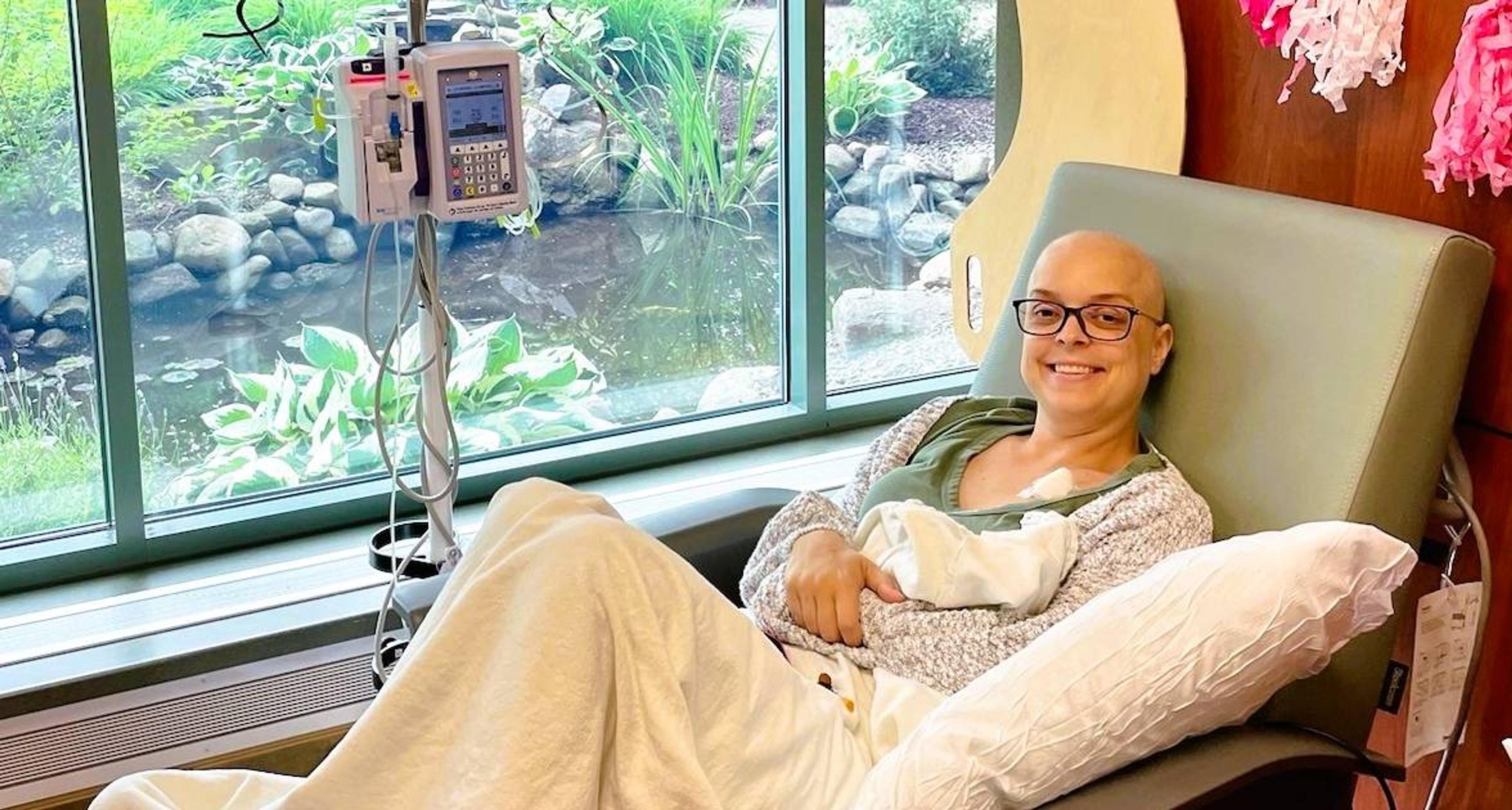
Key Takeaways
- Alicia Nedry was diagnosed with triple-negative breast cancer in 2023.
- Uncertainty surrounding her cancer outlook caused Nedry a lot of mental distress before her doctors provided more information.
- Painful rounds of chemotherapy left her physically and mentally drained, but Nedry was deemed cancer-free the same year she was diagnosed.
- Today, she likes to share her story to let others know that survivorship is possible.
There are currently over four million breast cancer survivors in the United States, according to the National Breast Cancer Foundation. Alicia Nedry is one of those survivors.
Advances in early detection – which Nedry credits for saving her life – have significantly increased breast cancer survival rates in recent years.
Though Nedry struggled with uncertainty soon after being diagnosed in 2023, she fought through the mental and physical obstacles posed by breast cancer and won the battle. Nearly two years removed from her bout with triple-negative breast cancer, Nedry relishes the opportunity to share her story for National Cancer Survivors Month in June.
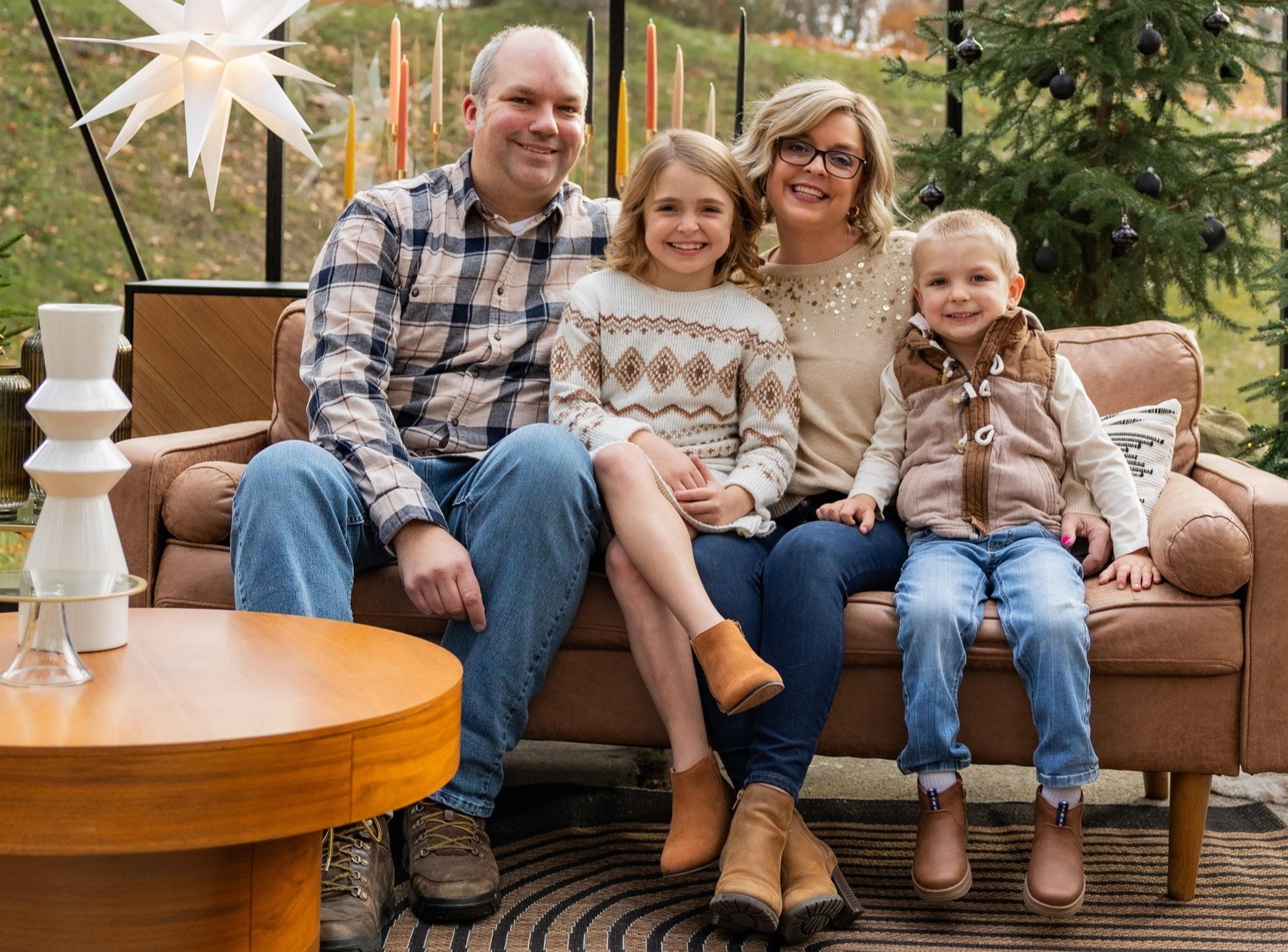
“Those first few days always stick out as the worst part,” said Nedry, a Health Care Effectiveness Data and Information Set (HEDIS) Initiatives Principal Analyst with Blue Cross Blue Shield of Michigan. “I saw the diagnosis in my (online) portal. Then my doctor told me I have cancer, and I needed chemotherapy, and they set an appointment for a week and a half later. So, for a week and a half I had no idea. I didn’t know if it was stage 3 or stage 4, I didn’t know if it was terminal. That was the worst.”
Nedry, a Brighton resident, had children who were age 8 and 4 at the time. She remembered shooting family videos and photos constantly because she wanted to leave more memories behind for her kids. The uncertainty of what lay ahead consumed her mind.
“The whole world kind of ended,” she said. “Then, I saw the surgeon and she said, ‘it’s going to be one horrible year but you’re going to get through this. You’re going to be fine.’ I was like, ‘wait, I thought I was going to die.’”
TNBC is an aggressive form of cancer that can grow and spread if not treated quickly and effectively. Nedry’s mother had breast cancer at age 44, but genetic testing in her mid-30s revealed no mutations or variants. Still, with a family history of breast cancer, Nedry’s doctors advised she receive her first mammogram at age 38 and her first MRI at 39. The latter led to the diagnosis.
Navigating chemo with triple-negative breast cancer
Nedry’s chemo treatment drained her energy and left its mark physically. When she lost her hair, she went and bought scarves and an expensive wig, mostly for her children’s sake.
“I wore them mainly for my daughter, she had a hard time with it,” Nedry said. “When I picked her up, from a dance recital or other things, I would wear the wig. Like, taking her to birthday parties she would say, “please wear your wig.” I didn’t want her to feel singled out or uncomfortable.”
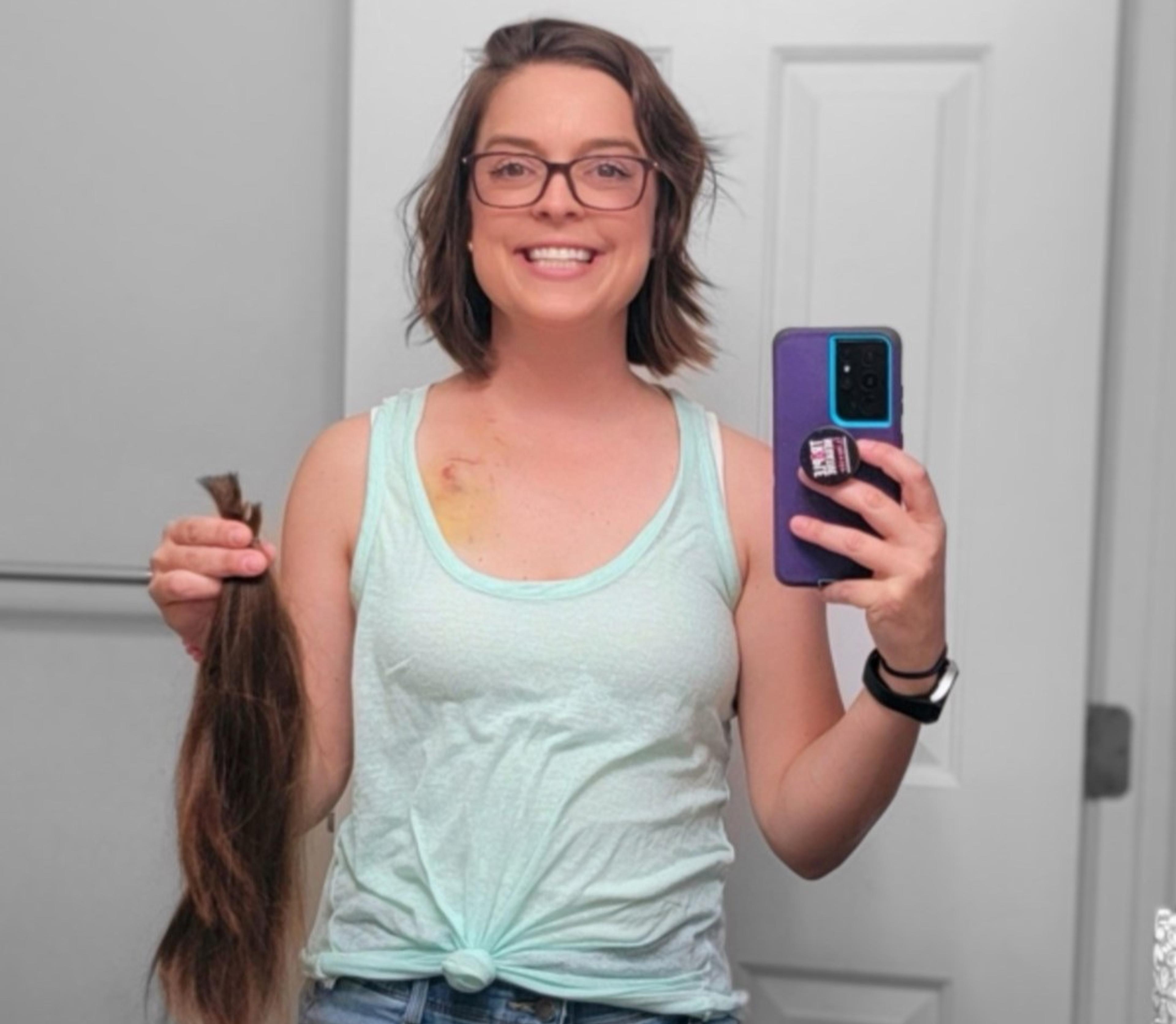
Afterthought chores like picking up a small basket of groceries for dinner that night were far from afterthoughts for Nedry at that time. She remembers taking frequent breaks during those short shopping trips to sit down at her local Meijer and catch her breath.
“I was tired, I slept all the time,” she said. “The nausea was unbearable. I was just sick all the time. I laid in bed and my poor kids would come and lay with me. I couldn’t do anything.”
Her surgeon wasn’t wrong when she promised Nedry one “horrible year,” but Nedry persevered through that one “horrible year” that her surgeon promised. She’s only human, so Nedry worries about cancer recurrence here and there, but she’s managed to replace some of that pessimism with gratitude as time has passed.
“I still worry like whenever I don’t feel good or something doesn’t feel right,” she said. “On the other hand, I’m much more appreciative of being with my kids. Last summer, we bought a camper because I was just adamant throughout chemo that if I get through this, we’re going to buy a camper and go camping all the time. So, that’s what I did.”
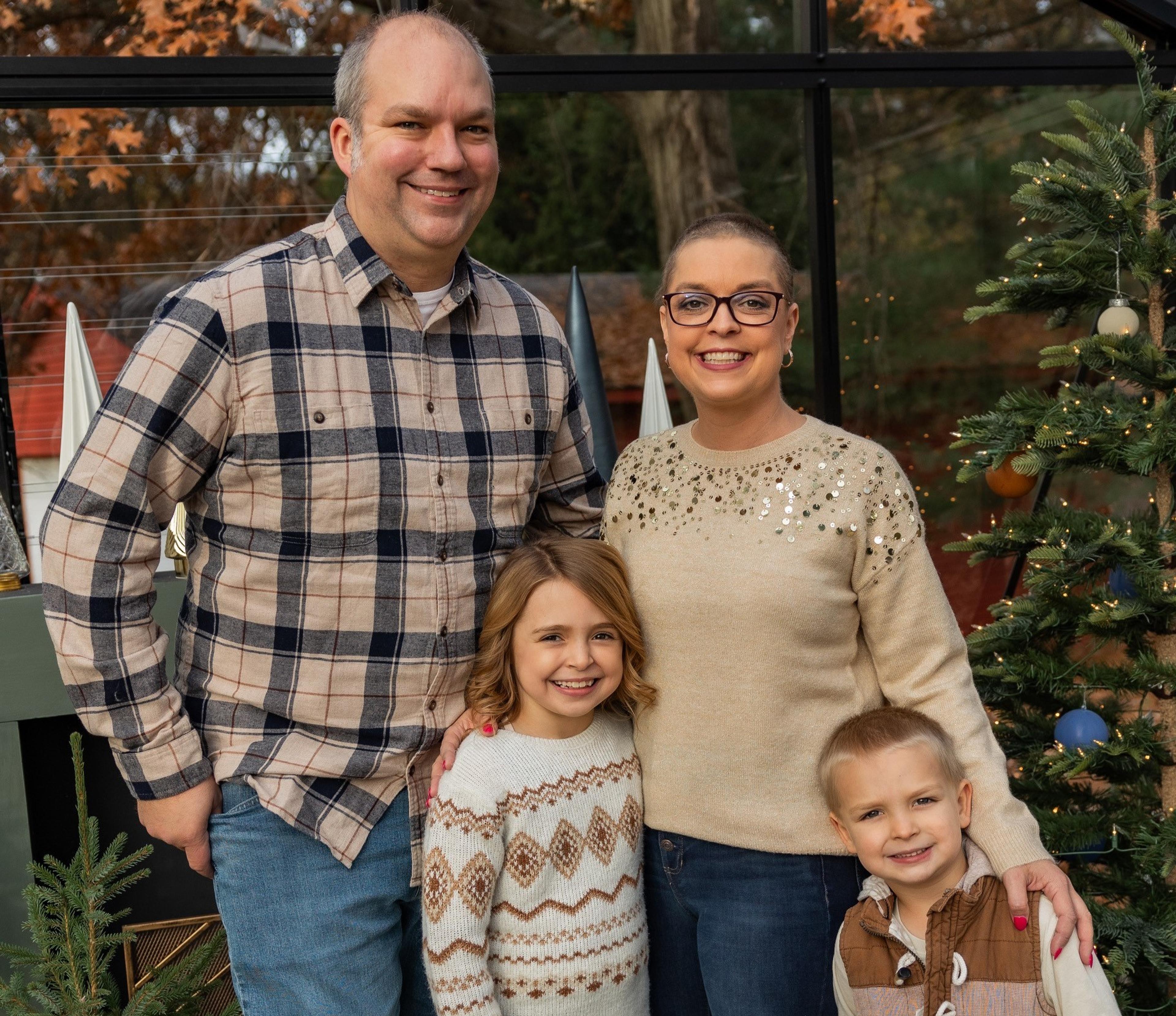
Cancer survivorship: the importance of support groups and why Nedry tells her tale
Support groups played a pivotal role in Nedry’s mental wellbeing during her fight against cancer. Her hospital provided her with resources, such as under-40 cancer support groups, and she also found a few on Facebook, including one specific to triple-negative breast cancer.
Engaging with people who knew what she was going through and could provide tips, insight and uplifting messages meant a lot to Nedry as she navigated her cancer survivorship journey.
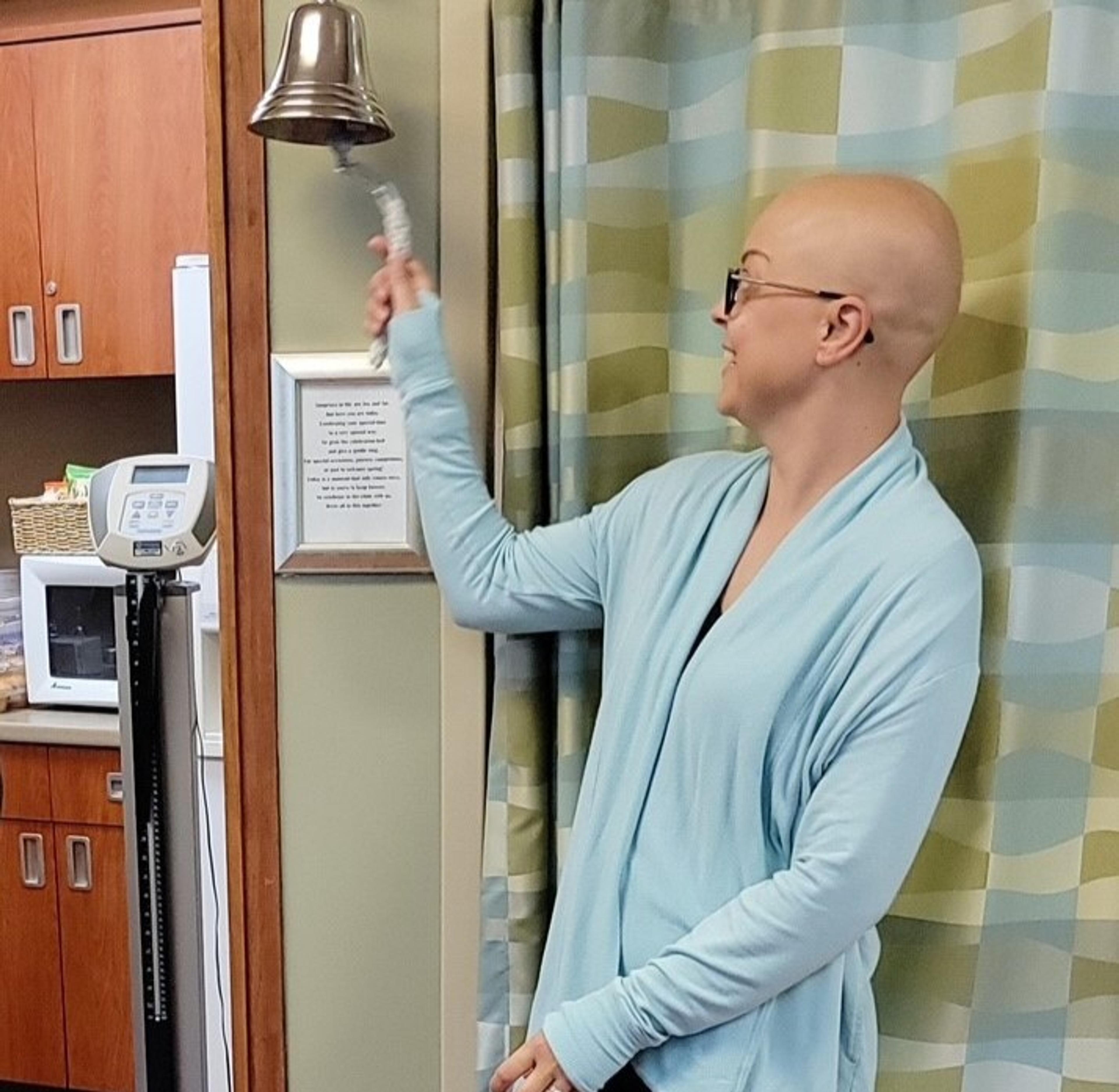
“All these crazy questions I had that I didn’t necessarily want to call my doctor for, that go through your mind 24 hours a day, it was nice to be able to ask them and have people respond,” Nedry said. “It was so helpful during that time in my life that I want to carry that on and do the same for others.”
Nedry shares her story to let others know that people do survive. Associating cancer with death is natural, and a lot of people do, but death isn’t an inevitable outcome. It wasn’t Nedry’s outcome, and she wants to broadcast that to give hope to those who are as discouraged as she was early in her cancer fight.
“You read it in books and hear it in movies and on TV that, ‘this mom died, and she had breast cancer,’ ‘this friend died and she had breast cancer.’ You hear it over and over again, and it drives me nuts,” she said. “It’s good to hear about the survivor stories, too. That’s why I like to share my story. If someone else has a loved one going through it’s important to know that yes, people can die from breast cancer, but they can also live through it. They can survive it, too.”
Related:
Photo credit: Alicia Nedry





